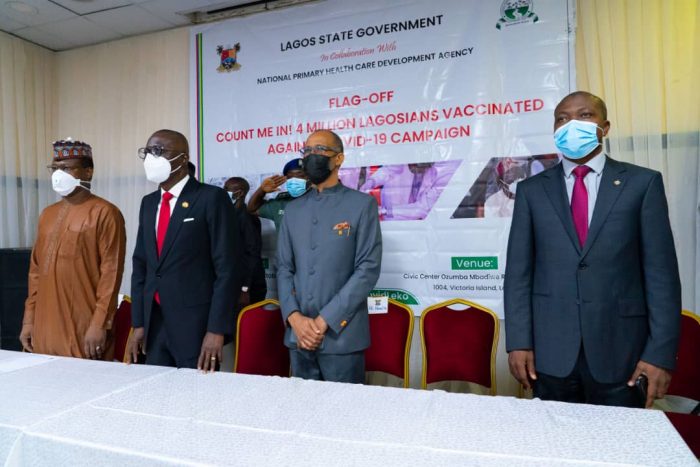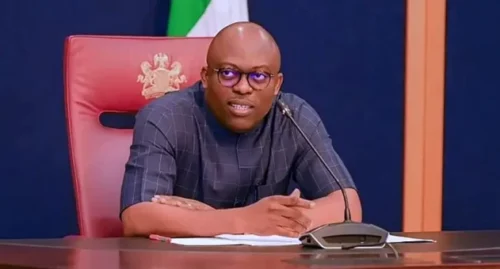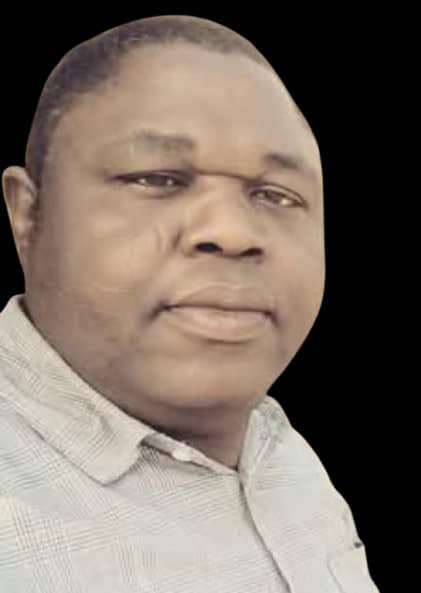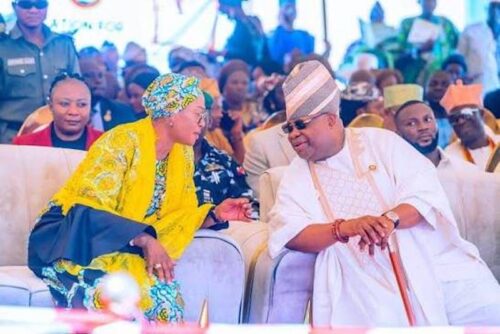BIG STORY
Sanwo-Olu Warns Of ‘Potential’ Fourth Wave Of COVID, Flags Off Mass Vaccination Campaign

- /home/porsch10/public_html/wp-content/plugins/mvp-social-buttons/mvp-social-buttons.php on line 27
https://porscheclassy.com/wp-content/uploads/2021/07/Sanwo-Olu-speaks-1000x600.jpg&description=Sanwo-Olu Warns Of ‘Potential’ Fourth Wave Of COVID, Flags Off Mass Vaccination Campaign', 'pinterestShare', 'width=750,height=350'); return false;" title="Pin This Post">
- Share
- Tweet /home/porsch10/public_html/wp-content/plugins/mvp-social-buttons/mvp-social-buttons.php on line 69
https://porscheclassy.com/wp-content/uploads/2021/07/Sanwo-Olu-speaks-1000x600.jpg&description=Sanwo-Olu Warns Of ‘Potential’ Fourth Wave Of COVID, Flags Off Mass Vaccination Campaign', 'pinterestShare', 'width=750,height=350'); return false;" title="Pin This Post">
-
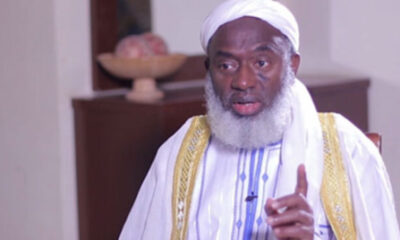
 BIG STORY1 day ago
BIG STORY1 day agoKidnapping Children Lesser Evil Than Killing Soldiers, Govt Must Negotiate With Bandits — Sheikh Gumi
-
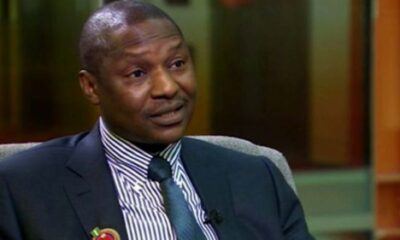
 BIG STORY11 hours ago
BIG STORY11 hours agoMalami Spends Second Night In EFCC Custody, Faces Probe Over ‘Terrorism Financing, Money Laundering’, 16 Other Charges
-
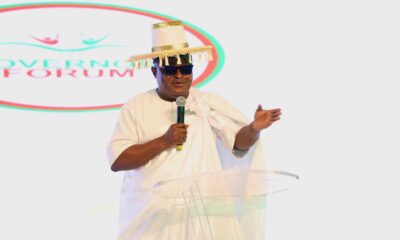
 BIG STORY3 days ago
BIG STORY3 days agoWe Will Get It Right With Security —- Obasa
-

 BIG STORY3 days ago
BIG STORY3 days agoNigerian Army Suspends Officer Retirements Amid National Security Emergency
-

 BIG STORY1 day ago
BIG STORY1 day agoBREAKING: Gov Fubara Dumps PDP, Defects To APC
-

 BIG STORY12 hours ago
BIG STORY12 hours ago32-Year-Old Man Planning To Buy 1,000 Rounds Of Ammunition For Bandits Arrested In Abuja
-
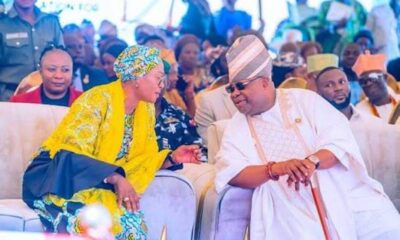
 BIG STORY8 hours ago
BIG STORY8 hours agoBacklash Over My Interaction With Adeleke At Ooni’s Event ‘Needless Controversy’ — Remi Tinubu
-

 BIG STORY2 days ago
BIG STORY2 days ago2025: The Year the Environment Fought Back —– Babajide Fadoju





